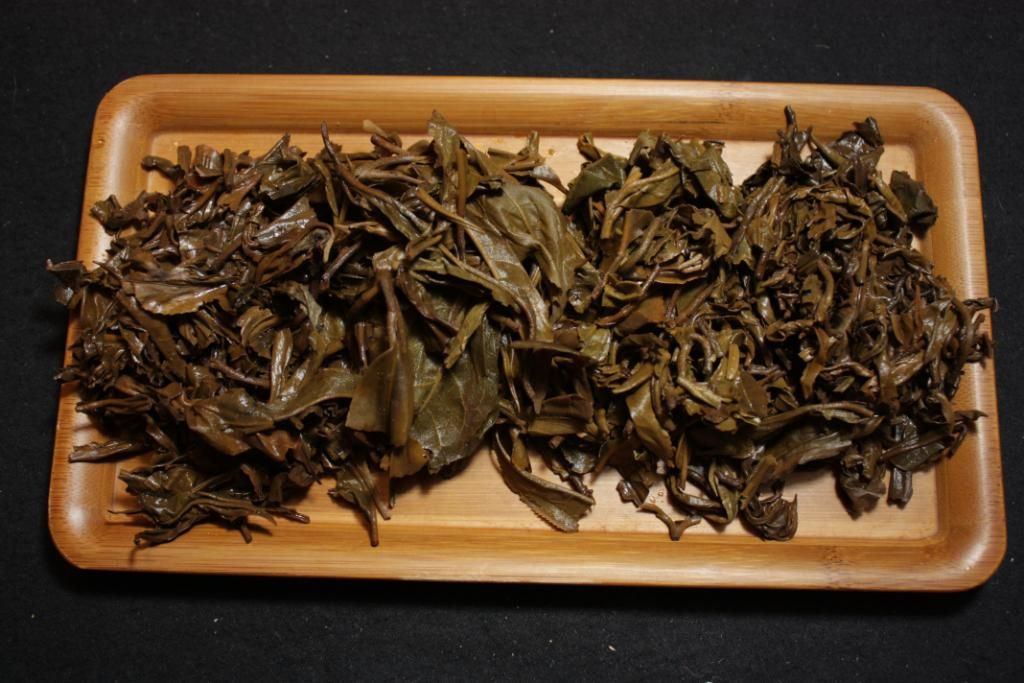Over the course of the past few years, I have grown increasingly skeptical of the idea that people used to keep tea around for a long time before they drink it. I think generally speaking, we have a somewhat romantic notion, no doubt encouraged by many tea vendors, that aging your own tea is a good idea. This is partly because puerh, as we know it, does age well, and partly because of this impulse to collect, that we now have a bit of a culture of “buy now, drink later” when it comes to tea, specifically with puerh.
However, I have yet to find anything definitive in historical texts that says anything remotely similar to what we consider a “buy and hold” strategy. Yunnan puerh, when sold, seems to be new, or at least almost new. At most they were a year or so old when they reach their final destination. Oolongs and greens were definitely not kept around for the sake of aging them; you may keep them because you can’t finish them, or because they’re quite precious and therefore not worth drinking all in one go, but I have yet to find anybody writing anything along the lines of “I am deliberately aging this tea so that it will taste better x years down the road”.
This obviously does not mean that aging was not done; I’m sure it happened. However, I think much of the aging was accidental, either because it was unsold stock, or because it was forgotten. When I went to the “candy store” in Taipei and others like it, they were, mostly, selling teas that have been sitting around not because they were aged, but because they were not sold. Sure, some collector somewhere might have been sitting on a few bags of tea to age deliberately, but that is almost always strictly for personal consumption.
One of the problems of storing your own tea is that you now take on the risk of spoilage. As some of us know very well, this can easily happen even with the best intentions and precaution. For those who live in places such as Los Angeles, the risk might be dryness. For those in wetter climates, the problem can be moisture. Either way, there is a lot of risk in storing tea long term, and I’m not entirely sure if it’s a good idea to do so.
If storage was never an option for tea drinkers, then is there a reason to do it now? Sure there is. Some of us like the way teas taste when they get older, so we store them, hoping that at least some of our tea will turn out well. Others prefer them young, and that’s fine too, so long as your stomach can handle a steady diet of young puerh. I guess what I want to say, though, is that the notion of storing tea as the “traditional” way of doing things is not really true. At least, it’s not something for which I have found any reliable, written evidence.


 RSS - Posts
RSS - Posts
I took you at your suggestion and have been reading some of your old post-Covid posts. I haven’t been to…